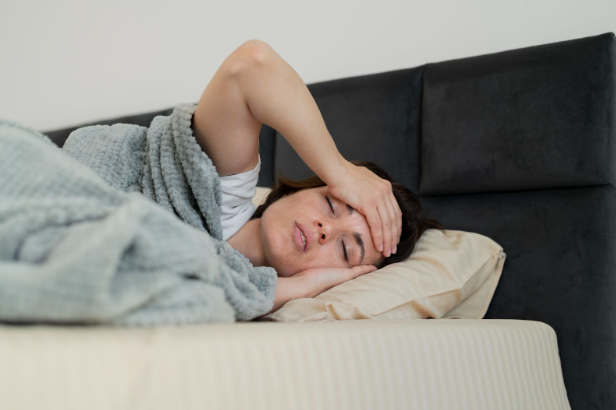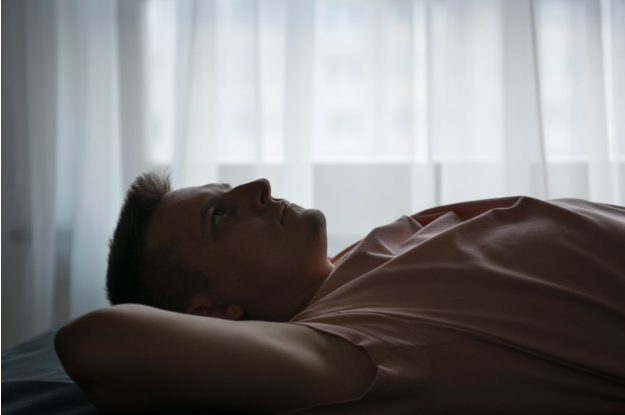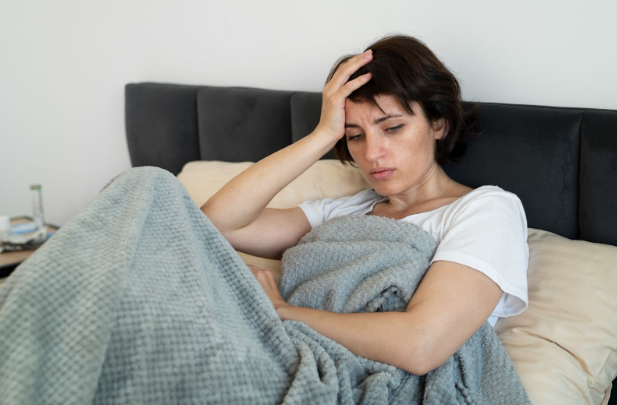
- Insomnia, Psychiatrist in Paradise Hills
- 0 Comments
Sleep is often called the body’s natural reset button, yet for many older adults in Paradise Hills, San Diego County, CA, a restful night can feel like an elusive dream. Sleep disorders in older adults are increasingly common, affecting both physical and mental well-being. From restless nights to waking up too early, these disruptions can […]
Read More







